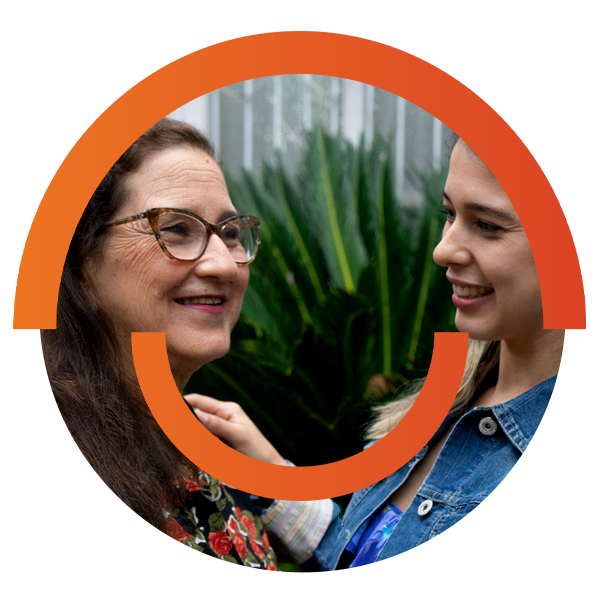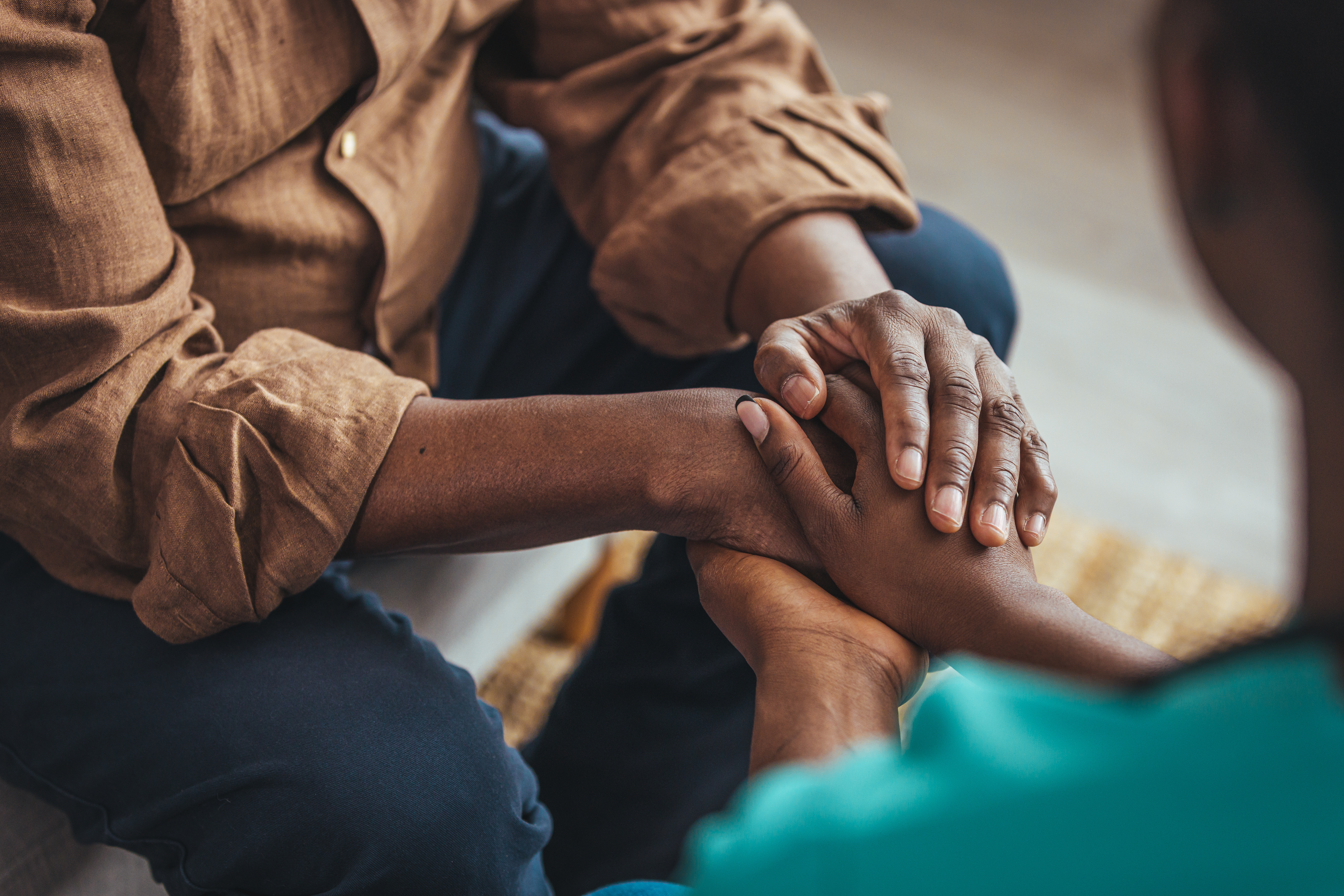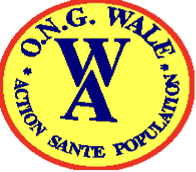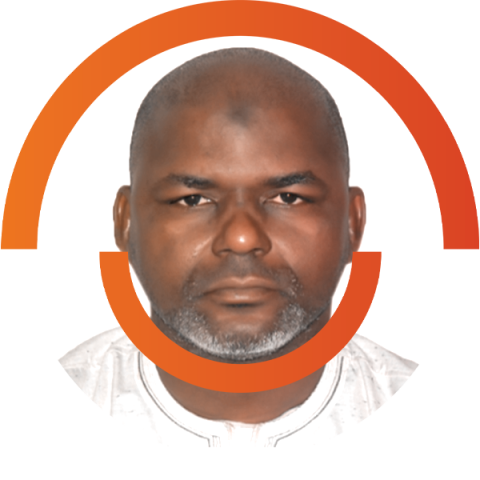In Mali, there are several barriers to accessing medicines, such as their high cost and low availability, which reduces the quality of care received by diabetic patients. As part of the fight against diabetes in Mali, Walé collaborates with Santé Diabète to support associations of people living with diabetes to contribute effectively to the prevention and management of this disease. When access to insulin became a problem in Mali, the associations organised discussion forums to address the issue.
Joining together for stronger advocacy
It was during one of these forums in July 2021 that, at Walé's suggestion, the two organisations decided to work with the Fédération Nationale des Diabétiques du Mali (FéNaDiM), an umbrella organisation of diabetic patient associations, to carry out communication actions on the access challenges to antidiabetic medicines, and to advocate for a seat on decision-making bodies on medicine issues.
Teams from both organisations were brought together for a working session to discuss issues related to access to diabetes treatment and to develop strategies to achieve the proposed goals. We felt it was necessary to raise awareness and encourage the various member associations to participate in the issue of the availability of medicines in health facilities, and to mobilise people living with diabetes. Discussions were scheduled during the monitoring missions that will take place along the country. Likewise, the speech of the president of FéNaDiM on World Diabetes Day made a strong appeal to the Minister of Health.
Addressing the barriers to quality of care
In 2022, many people living with diabetes in different localities of the country contacted FéNaDiM, concerned about the interruption of insulin, which they needed for their treatment. In the capital, caregivers confirmed the breakdown of a specific type, Insulatard, which required them to "deal" with the different types of insulin available. Walé then supported the umbrella organisation in its search for information from the national agency responsible for the supply of medicines, taking stock of different types of insulin and their availability over the last six months. However, the responsible agency maintained that it did not experience any interruption of insulin during the period in question.
This episode shows us the difficulty of communities to access information from public bodies and the need to develop alternative solutions. The mobilisation of partnerships is also essential for notifying alerts and preparing appropriate responses.
Walé and FéNaDiM received in 2022, at the Diabetes Prevention House of Bamako, the visit of the Minister of Health, who had come to enquire about their concerns and to announce the new initiatives the department was planning as part of the promotion of people's health.
The problem of access to certain medicines in Mali shows that UHC needs sufficient resources to reach its full potential. This means that investment must be a priority for governments. Only by mobilizing civil society and people living with non-communicable diseases, as in the case of this initiative, can this goal be achieved.
It is with this in mind that the NGO Walé has supported the grouping of patient associations with other non-communicable diseases within a national platform called PALLISADE (Patients and Allies for Health and Development) which was created in February 2021.





